The History of Social Work and Social Welfare in the United Kingdom
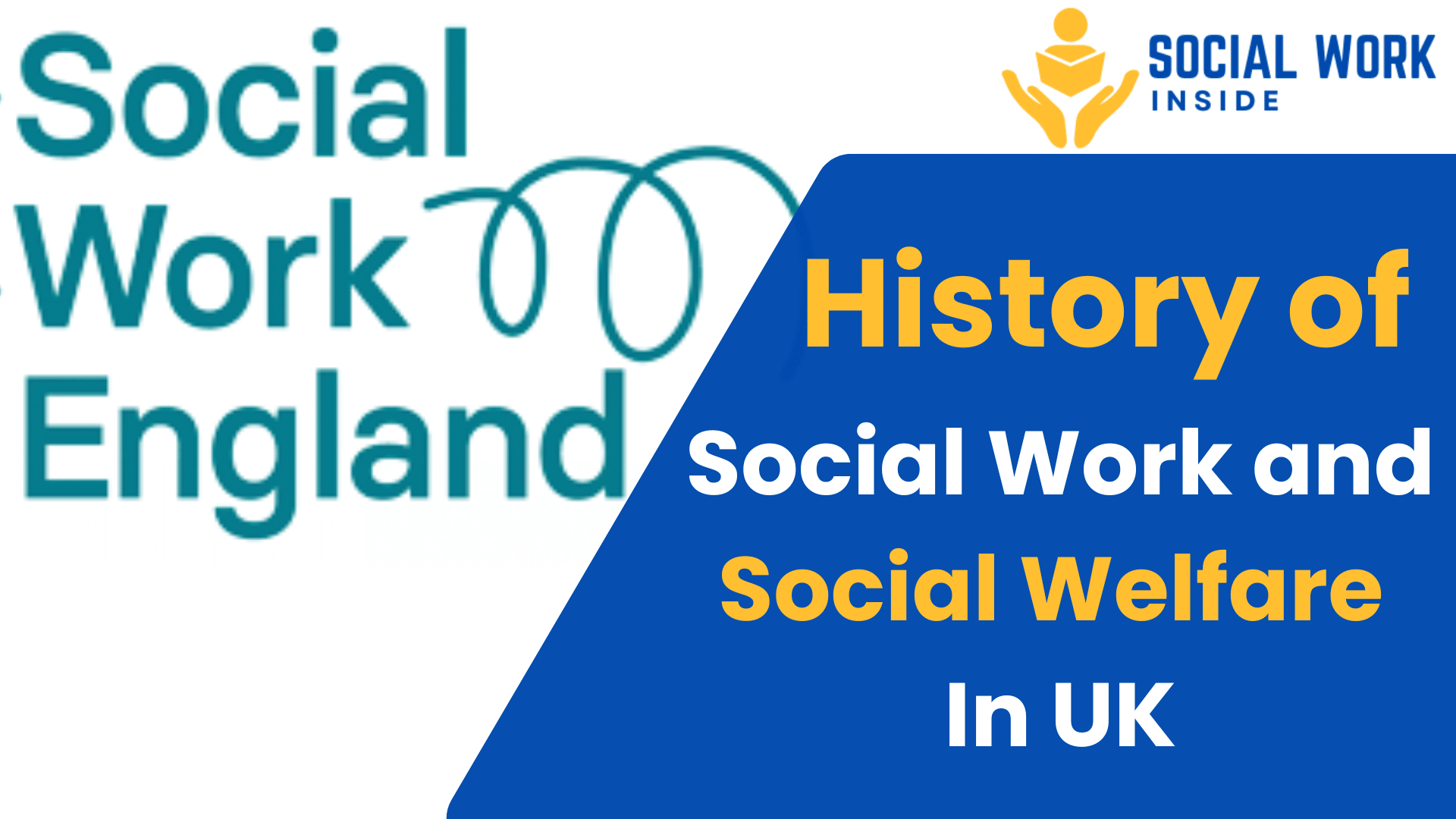
Have you ever wondered how people help others in need? Social work and social welfare are all about making the world a better place by supporting people who are struggling. In the United Kingdom (UK), the history of social work and social welfare is long and fascinating. Let’s take a fun journey back in time to learn how it all started and how it has changed over the years. By the end of this blog, you’ll understand why helping others is so important!
The Role of the Church in Early Social Welfare
A long time ago, before there were social workers, the Church played a big role in helping poor and sick people. Churches provided food, shelter, and care for those who had nowhere else to go. This was one of the earliest forms of social welfare in the UK. The Church taught people to be kind and help others, which laid the foundation for modern social work.
The Elizabethan Poor Law (1601)
In 1601, the UK government created the Elizabethan Poor Law. This was one of the first official systems to help poor people. The law divided the poor into three groups:
- The Able-Bodied Poor: People who could work but didn’t have jobs. They were given work to do.
- The Impotent Poor: People who couldn’t work because they were old, sick, or disabled. They were given food and shelter.
- The Dependent Children: Children without families were given apprenticeships to learn a trade.
This law was a big step forward, but it wasn’t perfect. People who received help were often treated unfairly and had to live in poor conditions.
Influence of the Elizabethan Poor Law
The Elizabethan Poor Law had a huge impact on how people thought about helping others. It showed that the government could play a role in supporting those in need. However, it also made people realize that help should be given with kindness and respect. This idea would later shape modern social work.
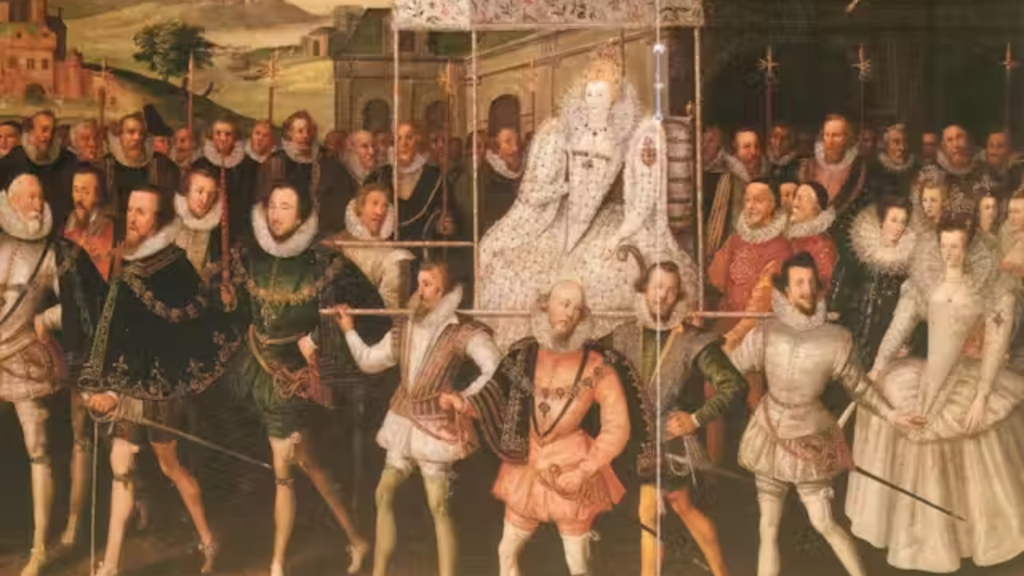
The Poor Law Revisions (1834-1909)
Over time, the UK realized that the Elizabethan Poor Law needed changes. In 1834, the Poor Law Amendment Act was passed. This law made help harder to get because people thought it would encourage others to work harder. But this made life even tougher for poor families.
By the late 1800s and early 1900s, people started to see that this system wasn’t working. New laws were made to improve conditions for the poor, especially for children and older people. These changes were the beginning of a fairer and kinder system.
The Beginnings of the COS Movement and Settlement House Movement
In the 1800s, two important movements started to change how people helped others:
- The Charity Organization Society (COS): This group wanted to help poor families in a more organized way. They trained volunteers to visit families and figure out the best way to help them.
- The Settlement House Movement: Kind-hearted people moved into poor neighborhoods to understand the challenges people faced. They built community centers where families could learn new skills and get support.
The Settlement House Movement In USA
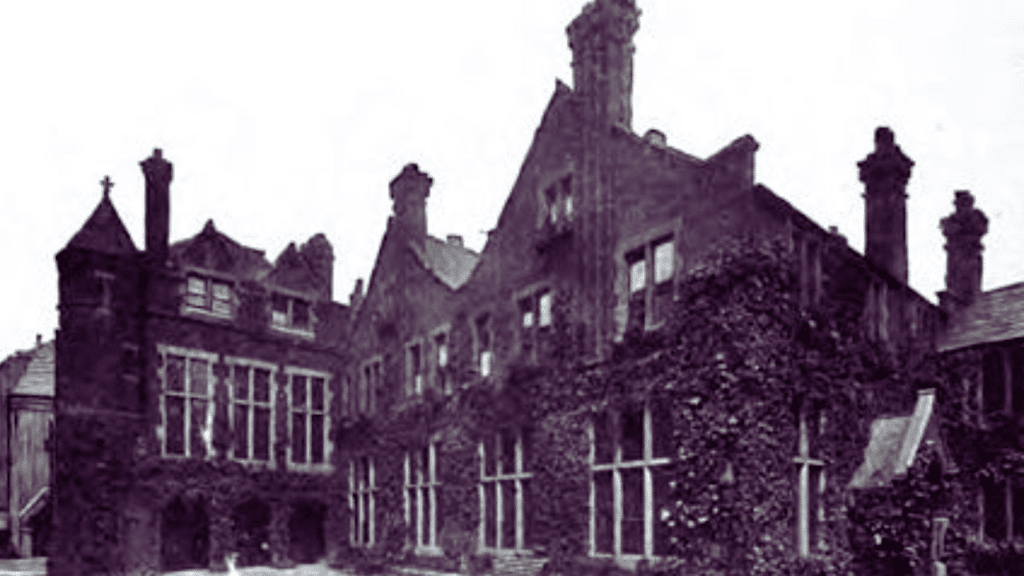
These movements showed that helping others wasn’t just about giving money—it was about understanding their problems and finding real solutions.
The Beveridge Report and the Birth of the Modern Welfare State
During World War II, a man named William Beveridge wrote a report that changed everything. The Beveridge Report of 1942 talked about the “five giants” that made life hard for people:
- Want (poverty)
- Disease (sickness)
- Ignorance (lack of education)
- Squalor (poor living conditions)
- Idleness (unemployment)
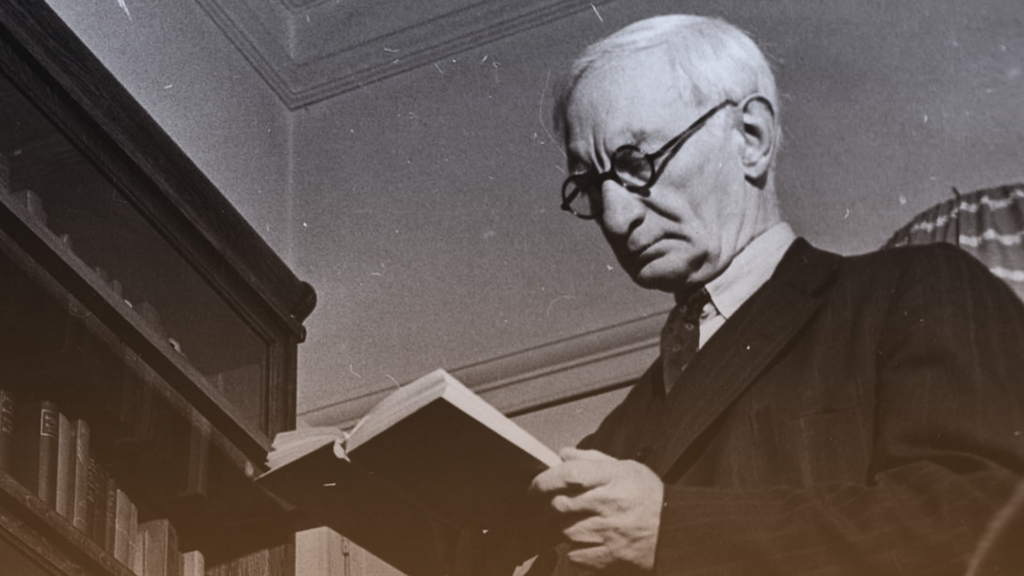
The report led to the creation of the Welfare State in the UK. This meant that everyone had the right to healthcare, education, and support when they needed it. Social workers became even more important because they helped make sure these services reached the people who needed them most.
Social Work and Social Welfare Today
Today, social work and social welfare in the UK are stronger than ever. Social workers help people in many ways, such as:
- Protecting children from harm.
- Supporting families who are struggling.
- Helping older people live comfortably.
- Assisting people with disabilities to live independently.
Social workers also work with schools, hospitals, and the police to make sure everyone gets the help they need. They are like problem-solvers who never give up!
Should Go For it: The History of Social Work in USA : Detailed Timeline
Why is Social Work and Social Welfare Important?
Social work and social welfare are important because they show that we care about each other. They remind us that everyone deserves to be treated with kindness and respect. Without social workers and social welfare programs, many people would feel alone and helpless. Thanks to these efforts, the UK has become a more caring and fair place to live.
Fun Facts About Social Work and Social Welfare in the UK
- The first social work training program in the UK started in 1903.
- There are over 100,000 social workers in the UK today!
- Social workers often work with animals too, like helping families keep their pets safe.

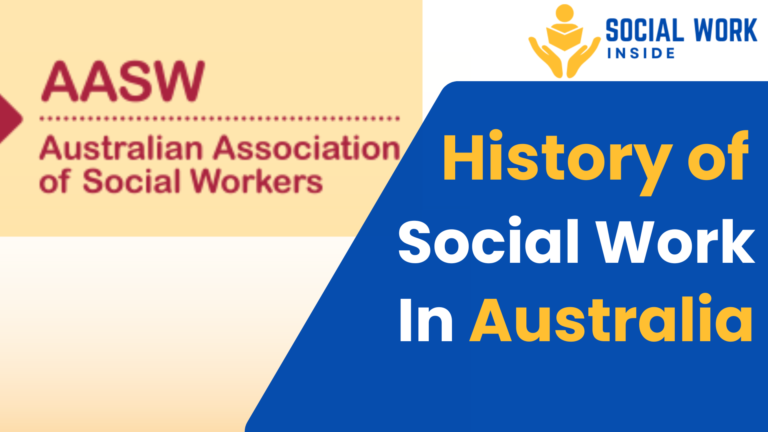


One Comment